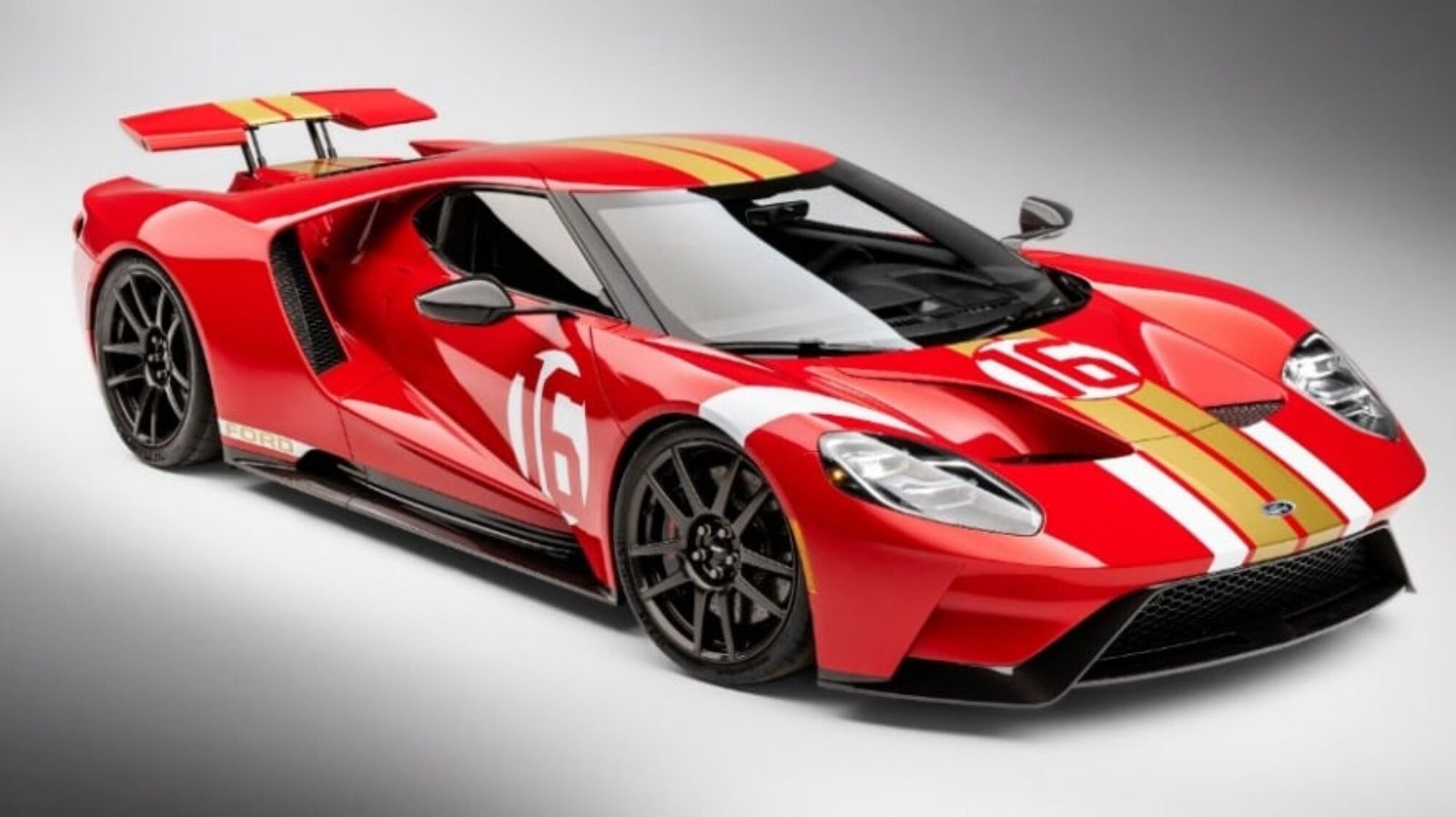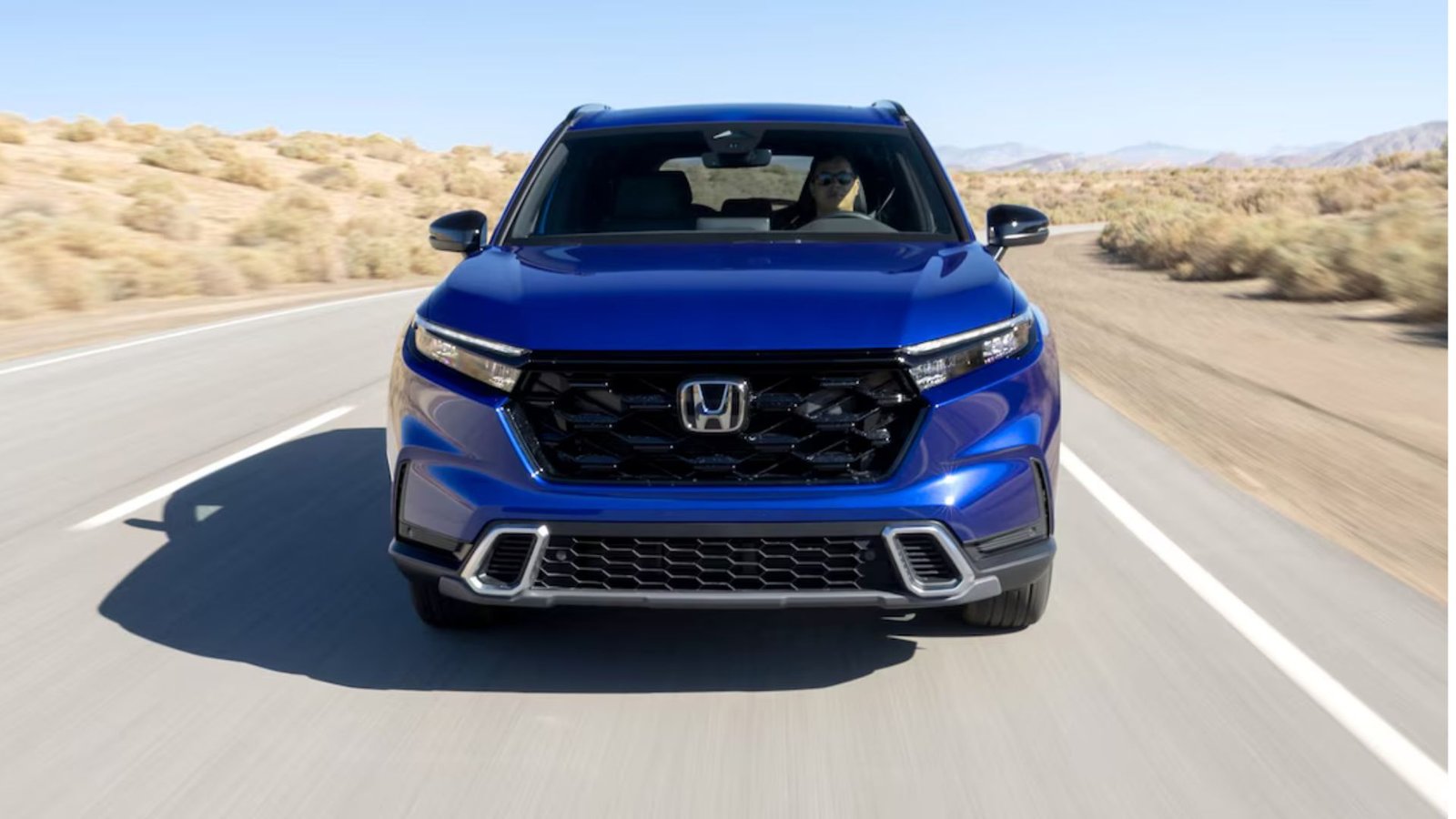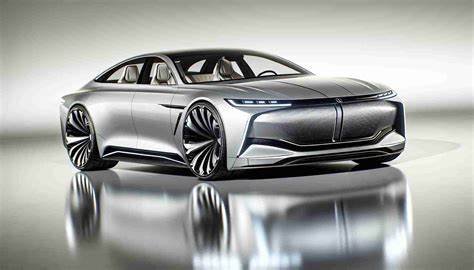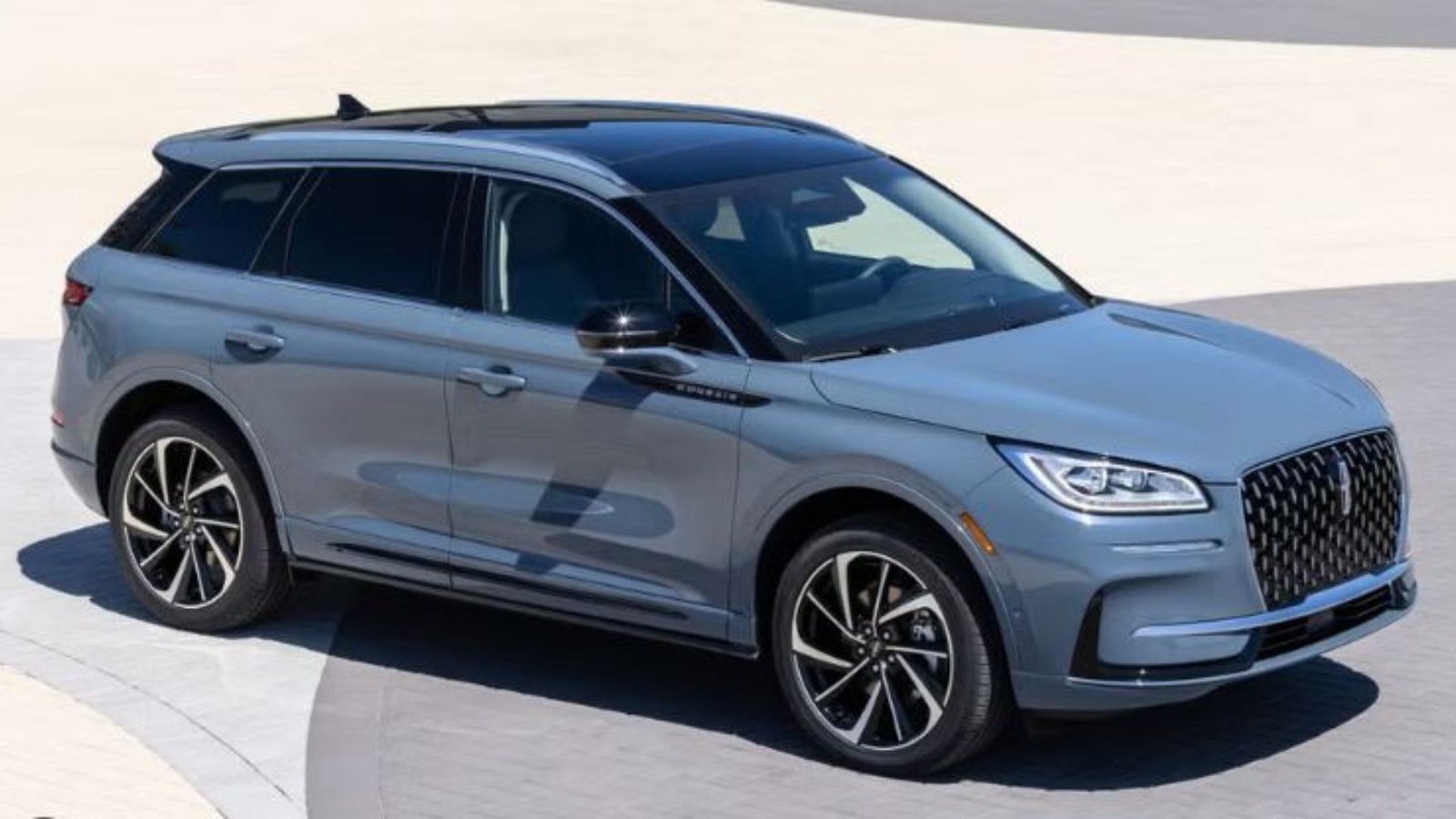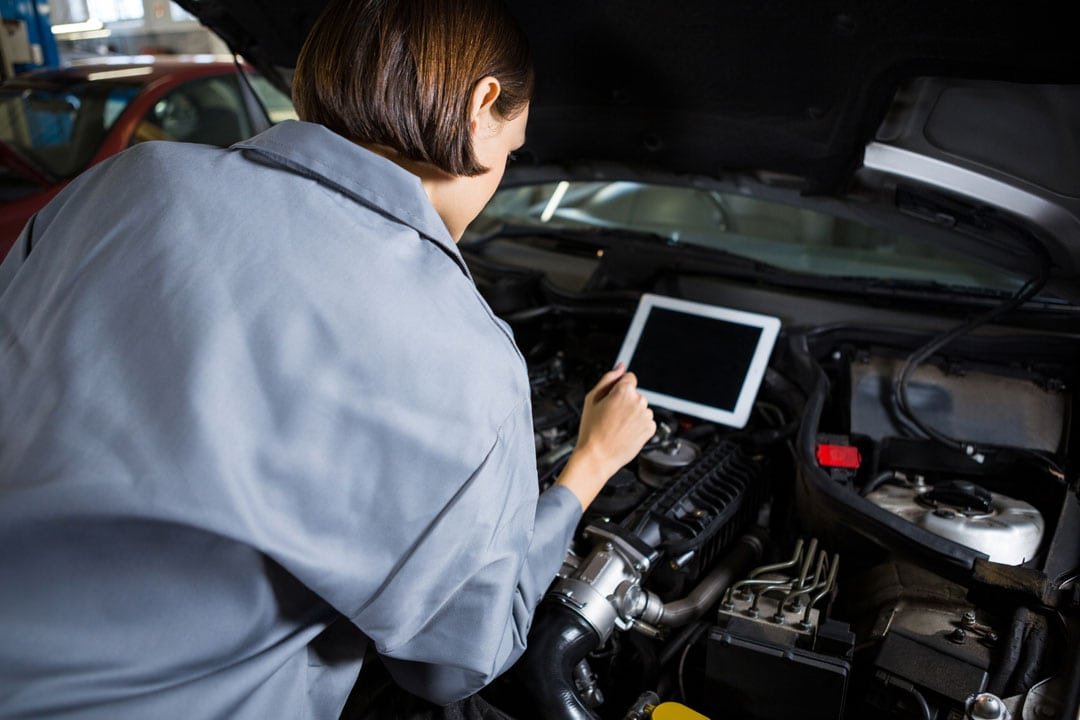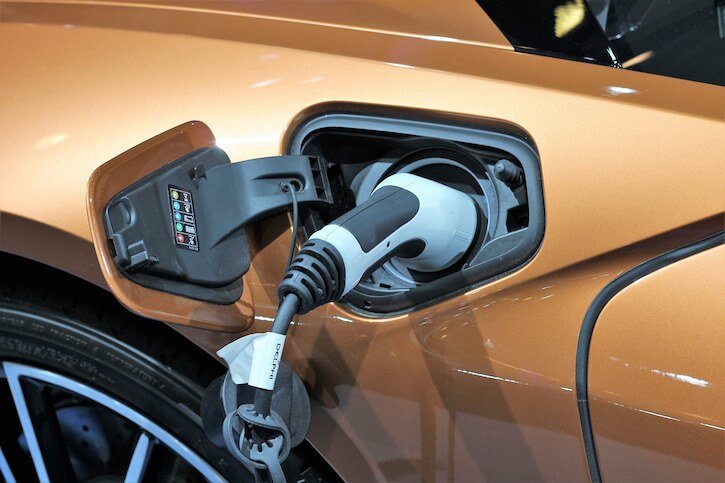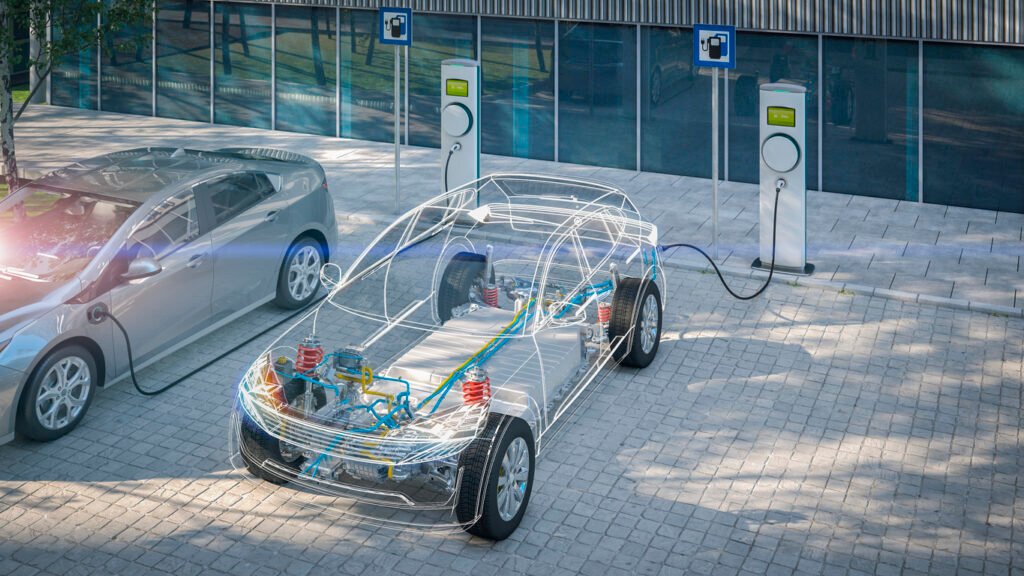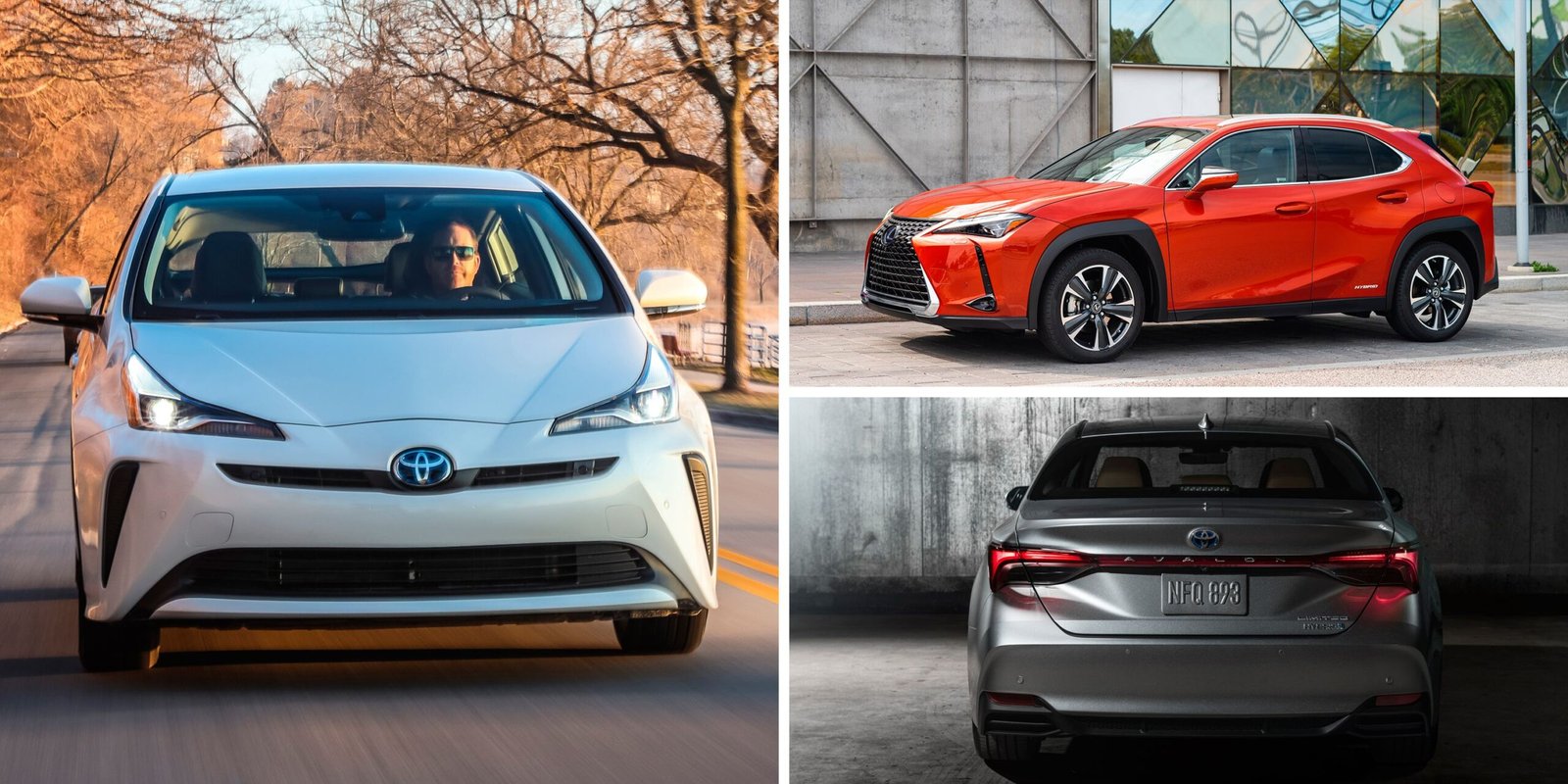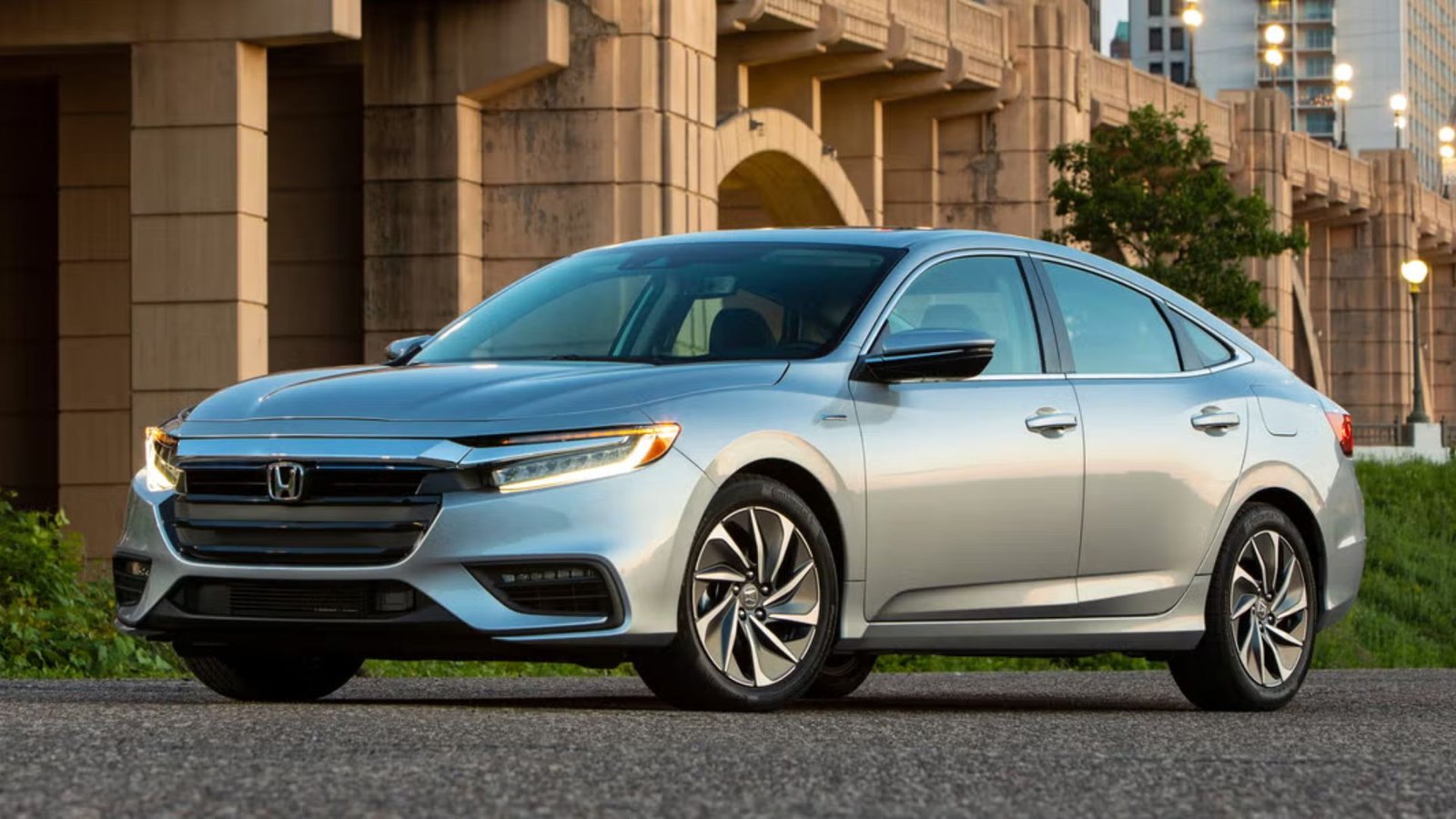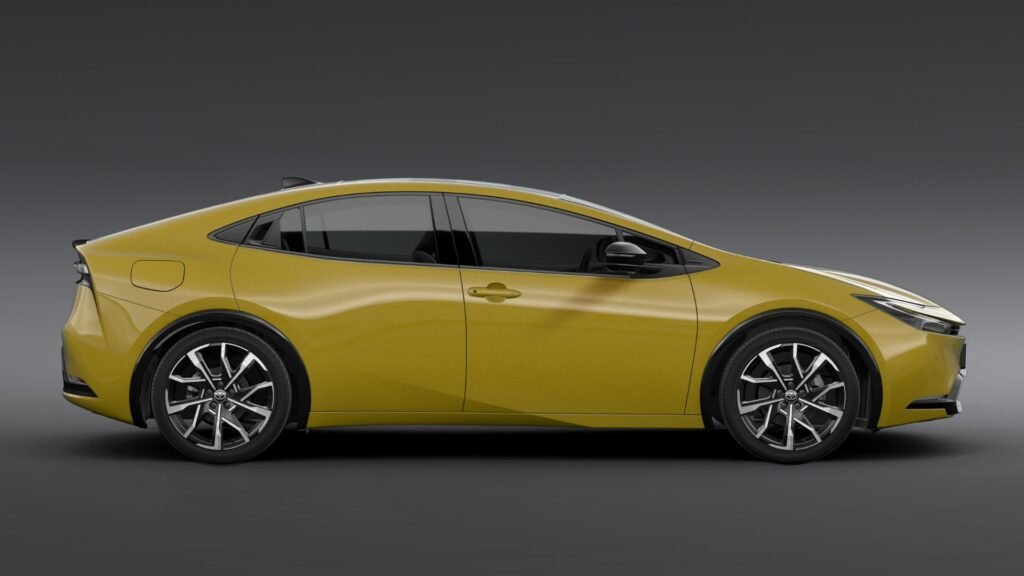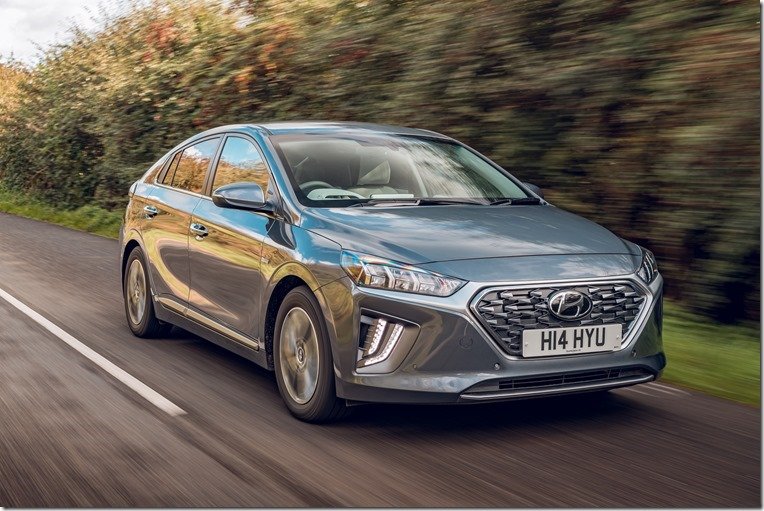The Most Fuel-Efficient Hybrid SUVs
In today’s world, more drivers are looking for ways to reduce their environmental impact and save money on gas. Hybrid SUVs have become increasingly popular due to their combination of fuel efficiency, spaciousness, and eco-friendly performance. If you’re in the market for an SUV that offers both power and savings at the pump, check out the most fuel-efficient hybrid SUVs of 2025. Whether you’re enjoying a relaxing game of blackjack online real money or taking your hybrid SUV on a road trip, these vehicles offer a perfect balance of style and sustainability.
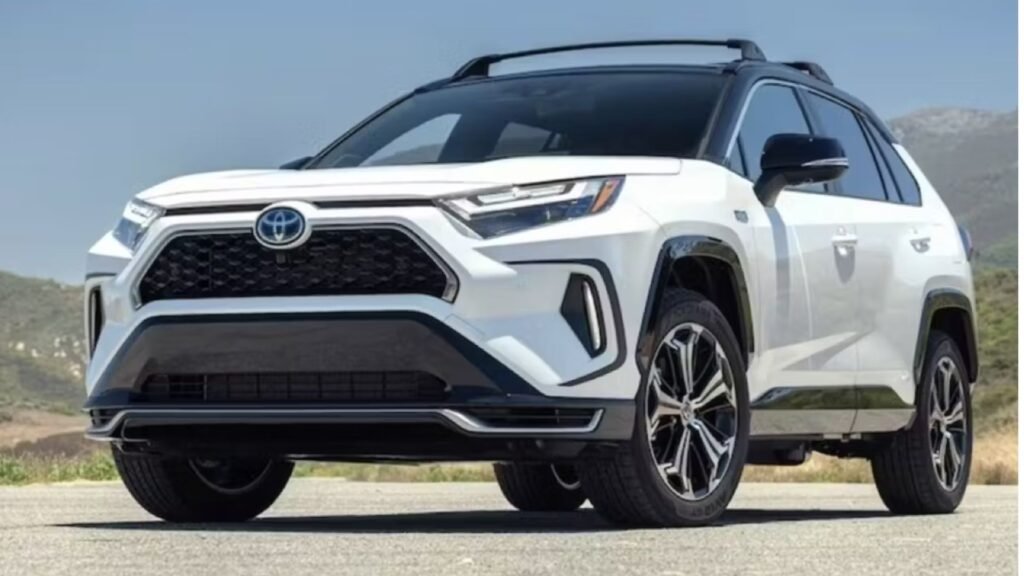
Why Choose a Hybrid SUV?
Hybrid SUVs provide the best of both worlds: the power and space of a traditional SUV with the fuel efficiency of a hybrid vehicle. With the rise of hybrid technology, more and more manufacturers are offering hybrid models with impressive fuel efficiency ratings. These vehicles are perfect for families, adventure seekers, or anyone looking to cut down on fuel costs while contributing to a greener future.
The Most Fuel-Efficient Hybrid SUVs
Here are some of the top fuel-efficient hybrid SUVs in 2025:
Toyota RAV4 Hybrid
The Toyota RAV4 Hybrid continues to be one of the most popular hybrid SUVs, thanks to its reliability and fuel efficiency. With an impressive EPA rating of 41 MPG city and 38 MPG highway, it’s perfect for drivers looking to save on gas without compromising on performance. The RAV4 Hybrid offers a comfortable interior, ample cargo space, and advanced safety features, making it a great choice for families.
Honda CR-V Hybrid
Another top contender in the hybrid SUV market is the Honda CR-V Hybrid. It boasts an EPA rating of 40 MPG city and 35 MPG highway, which is excellent for a vehicle of its size. The CR-V Hybrid also comes with a spacious cabin, easy-to-use technology, and Honda’s well-known reliability. It’s an excellent option for those who want efficiency without sacrificing comfort.
Fun Beyond the Drive
After exploring the latest in alternative automobiles, enthusiasts can relax and enjoy interactive online entertainment with stellarspins Homepage, offering an engaging digital experience.
Ford Escape Hybrid
The Ford Escape Hybrid offers a fuel efficiency of 44 MPG city and 37 MPG highway, making it one of the best options for eco-conscious drivers. It’s a compact SUV that still provides a comfortable ride, with a user-friendly infotainment system and plenty of cargo room. If you’re looking for a versatile and efficient hybrid, the Ford Escape Hybrid is a solid choice.
Lexus UX 250h
For those looking for a luxury hybrid SUV, the Lexus UX 250h is a standout option. With an EPA rating of 43 MPG city and 41 MPG highway, this compact luxury SUV offers excellent fuel efficiency without compromising on luxury features. The UX 250h comes with a premium interior, advanced technology, and a smooth, quiet ride, making it perfect for those who want an eco-friendly vehicle with a touch of elegance.
Toyota Highlander Hybrid
If you need more space for your family or gear, the Toyota Highlander Hybrid offers a great balance of fuel efficiency and interior space. With an EPA rating of 36 MPG city and 35 MPG highway, it provides excellent fuel economy for a three-row SUV. The Highlander Hybrid comes with a spacious cabin, advanced safety features, and a smooth, comfortable ride, making it a top choice for families.
Kia Sorento Hybrid
The Kia Sorento Hybrid offers a fuel efficiency rating of 39 MPG city and 35 MPG highway, making it an excellent choice for larger families who want to save on fuel costs. This mid-size SUV offers a spacious interior, ample cargo space, and a range of tech features. The Sorento Hybrid is a versatile and efficient option for those who need more space without sacrificing fuel economy.
Why Fuel Efficiency Matters
Fuel-efficient vehicles help drivers save money by reducing the number of trips to the gas station. In addition, driving a hybrid SUV reduces your carbon footprint, contributing to cleaner air and a healthier environment. With gas prices continuing to rise, owning a hybrid SUV can also offer significant savings in the long run.
Downtime Entertainment for Drivers and Enthusiasts
Whether you’re waiting during a charging stop or taking a break from your commute research, having a relaxing distraction can be refreshing. A fun way to unwind online is by visiting www.safespin.com, where simple entertainment options can help recharge your mental battery—just like your hybrid car.
Automotive News & Reviews
Alternative Automobile 29 delivers the latest auto industry insights, while Jackpotjill VIP Login offers an engaging online platform for gaming enthusiasts.
Automotive Trends & Vehicle Insights
Alternative Automobile explores innovations and trends in the car industry. Alongside evolving transport technologies, cansportsbetting fantasy sports betting sites highlight growth in the digital sports sector. Both represent expanding areas of modern interest.
Conclusion
If you’re looking to reduce your fuel consumption and enjoy eco-friendly driving, these fuel-efficient hybrid SUVs in 2025 are worth considering. From the Toyota RAV4 Hybrid’s reliability to the Lexus UX 250h’s luxury, these vehicles offer a variety of options for every type of driver.
